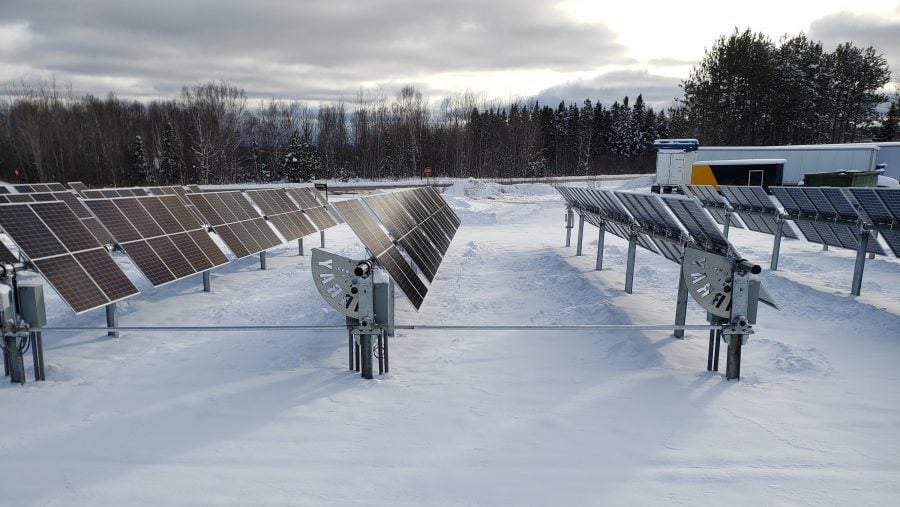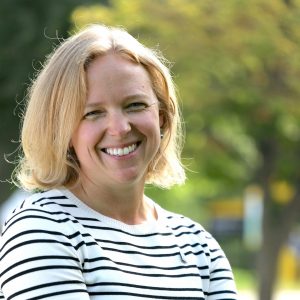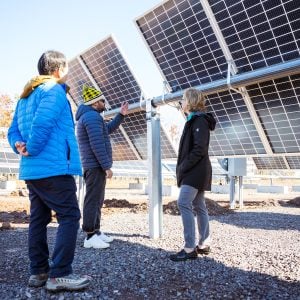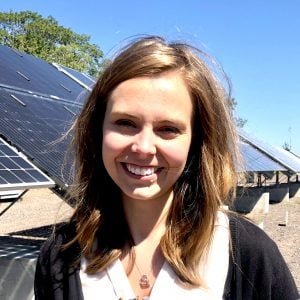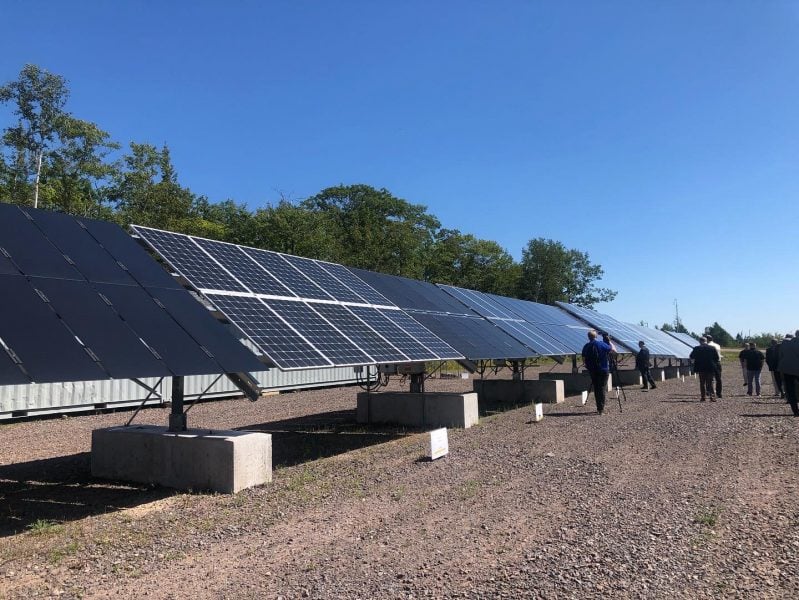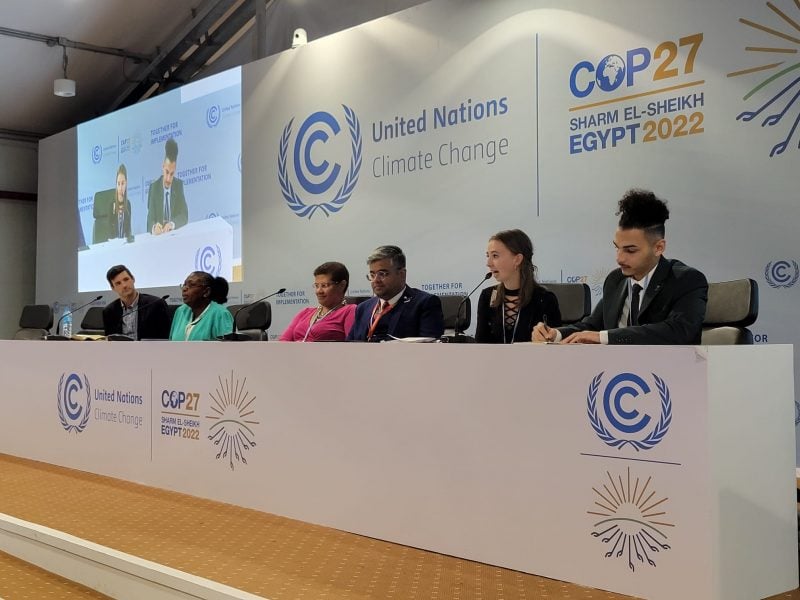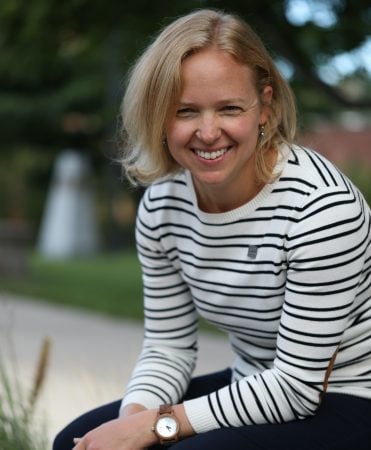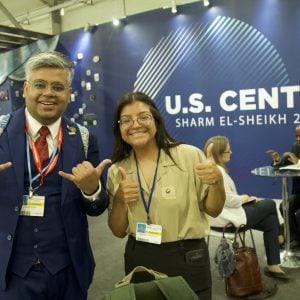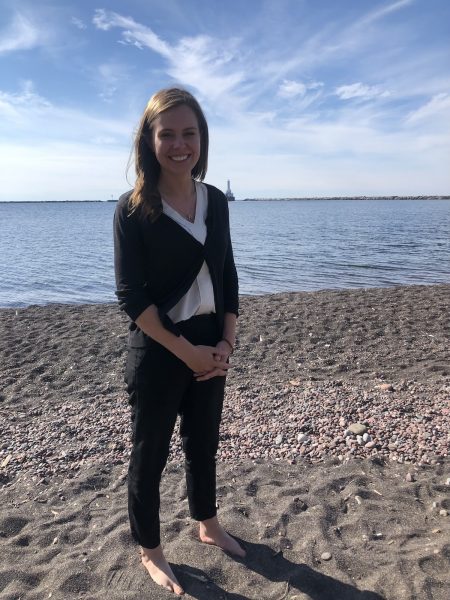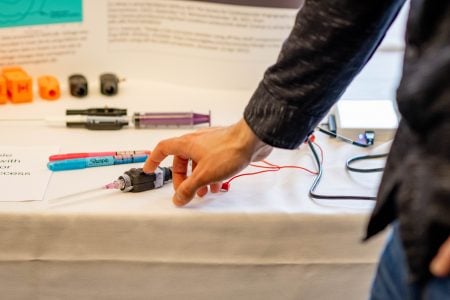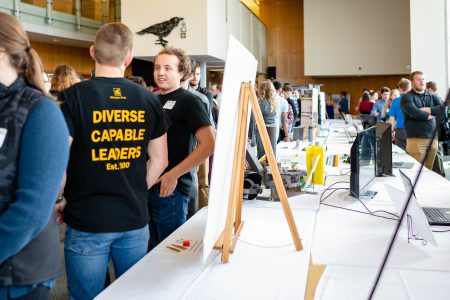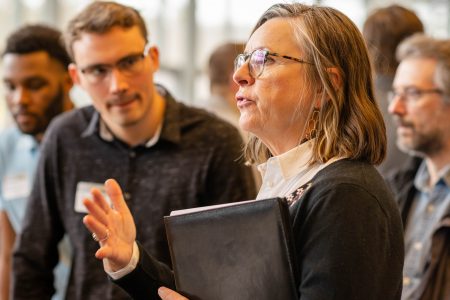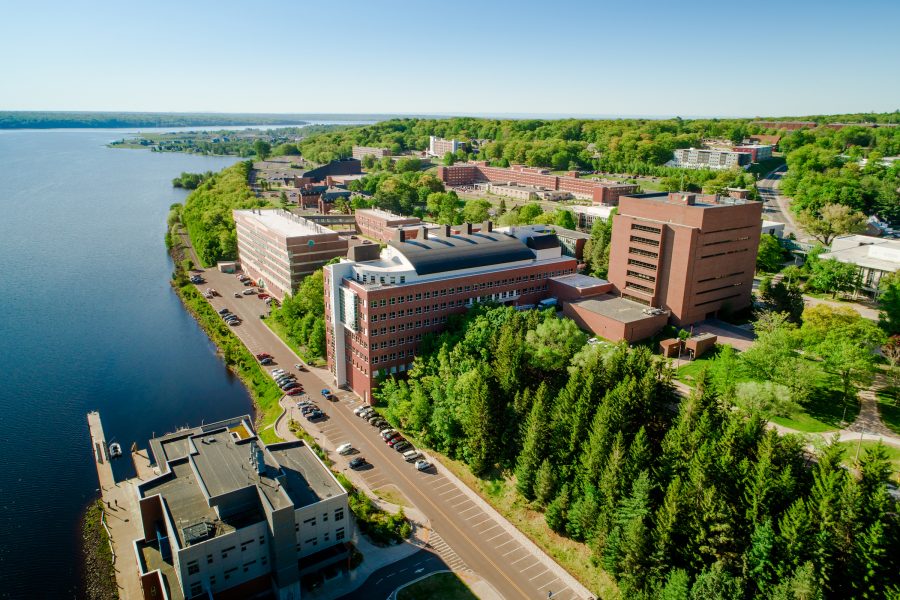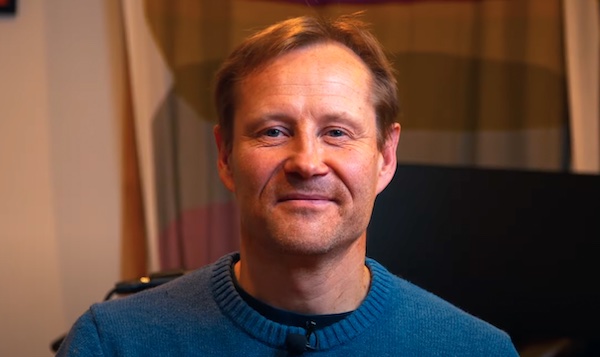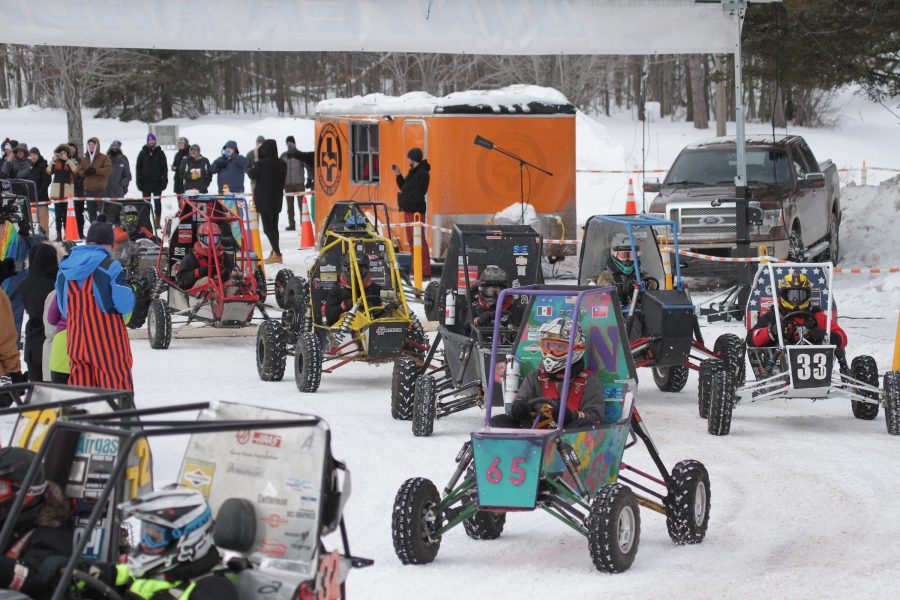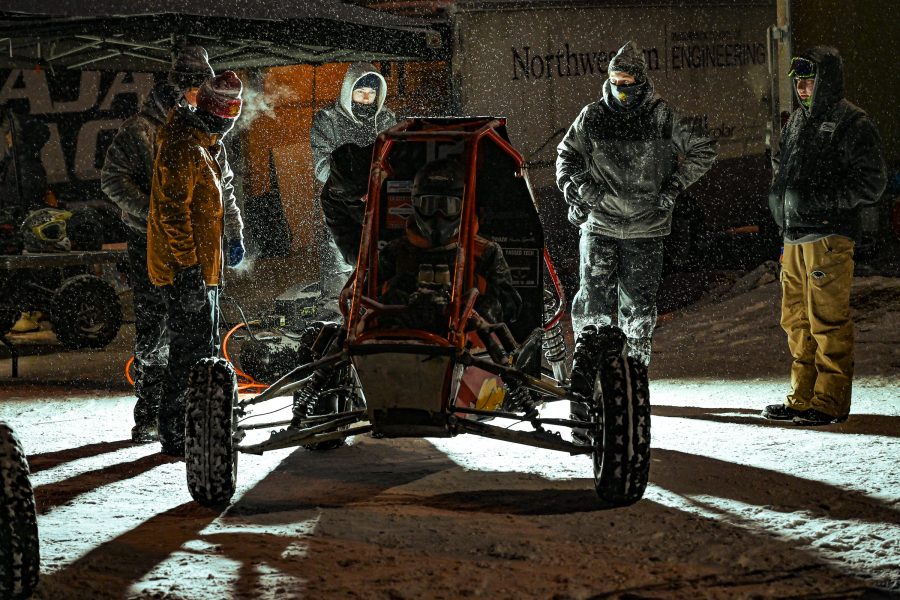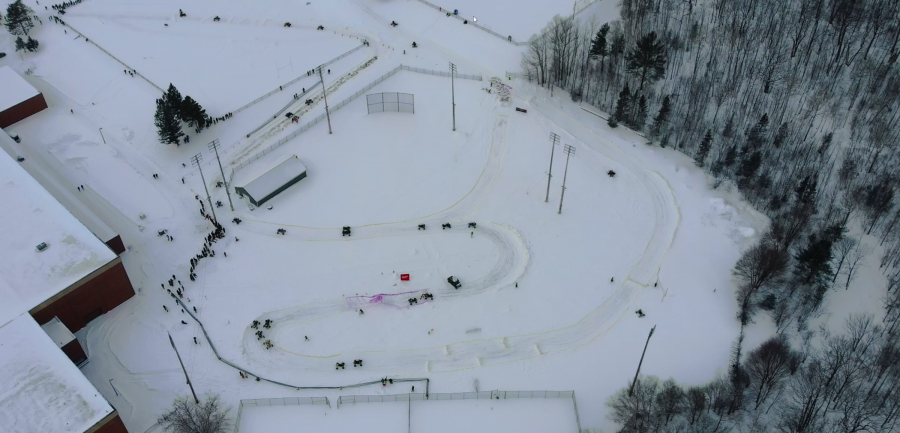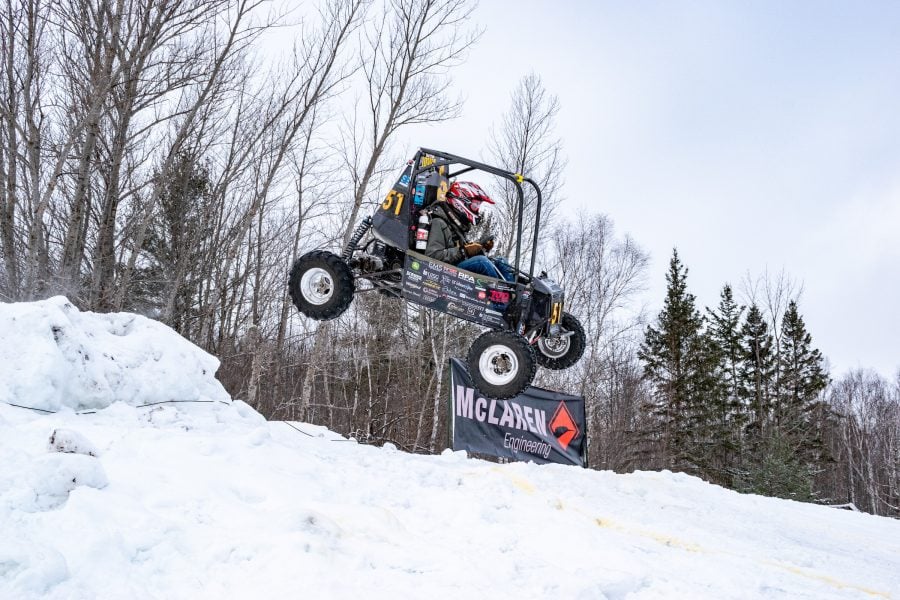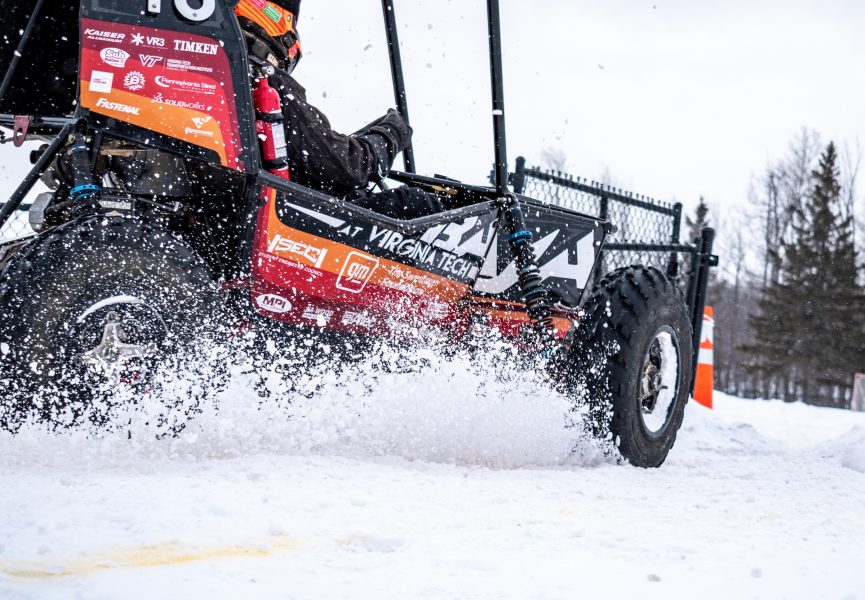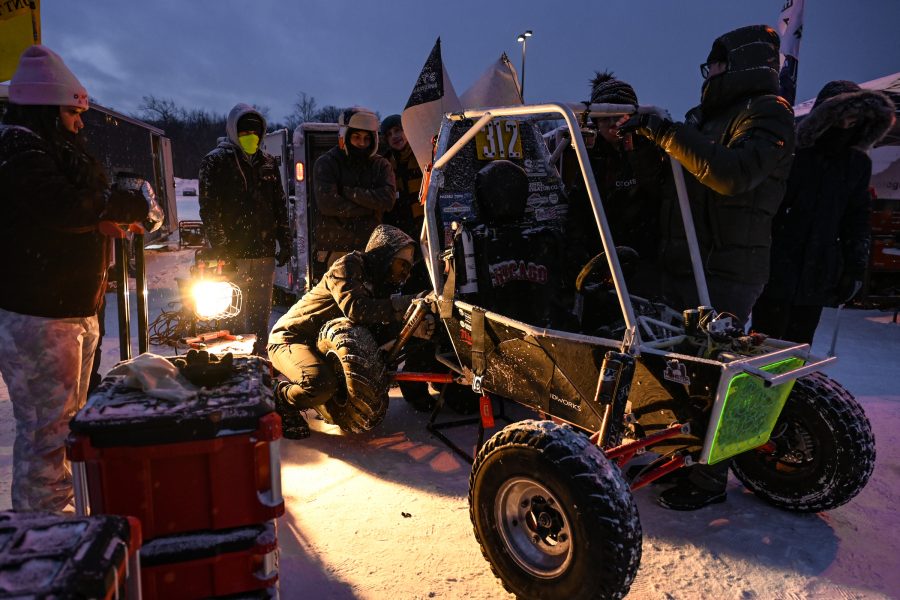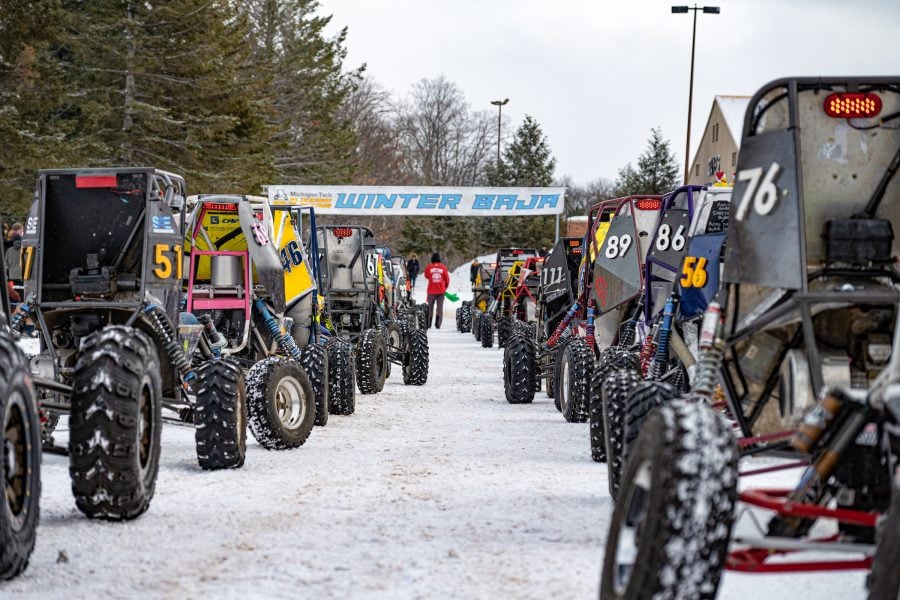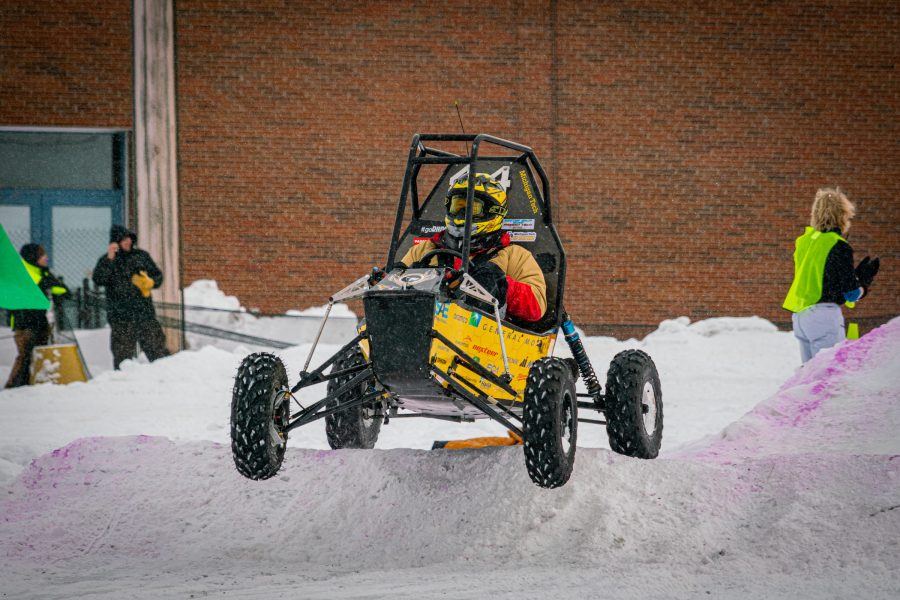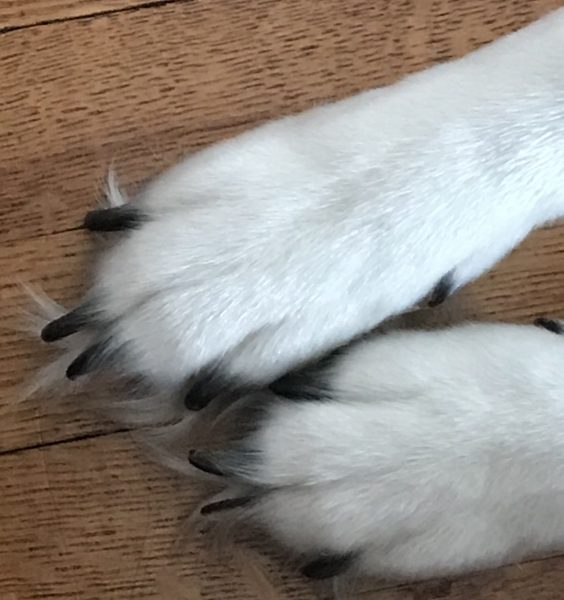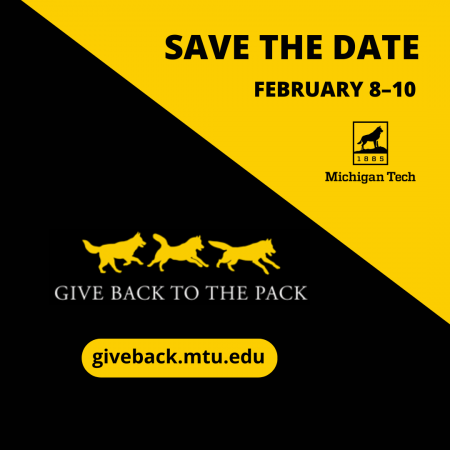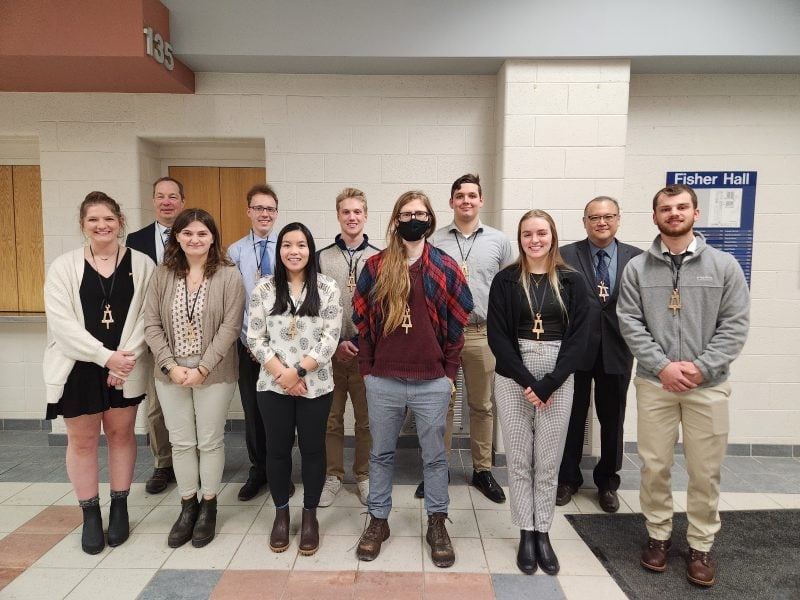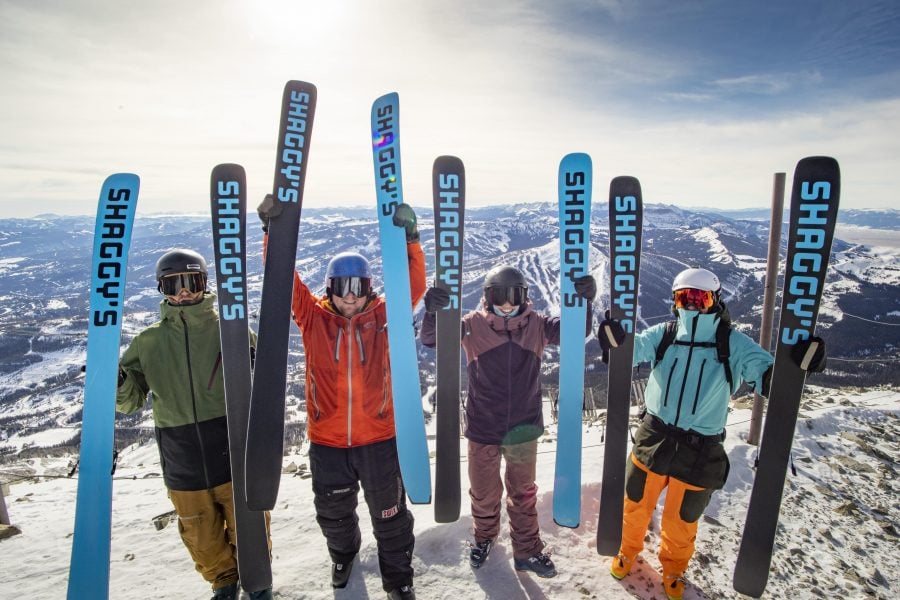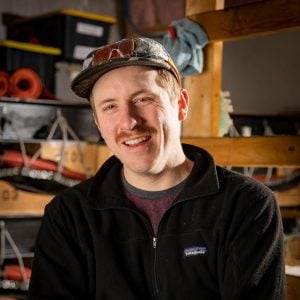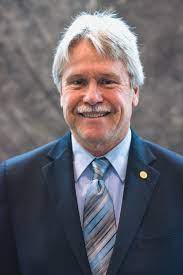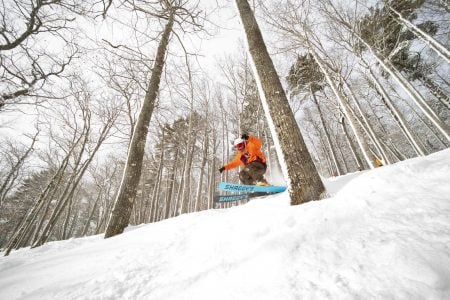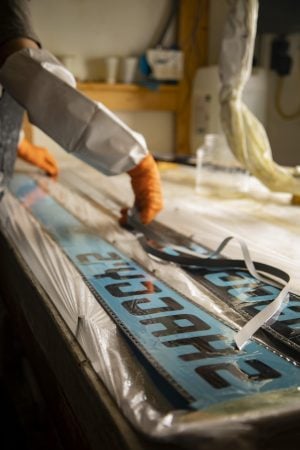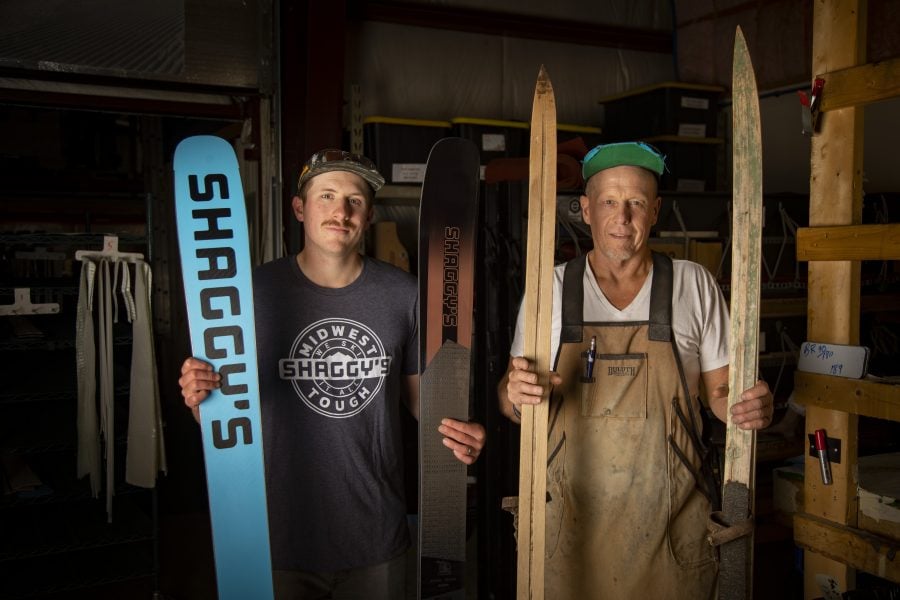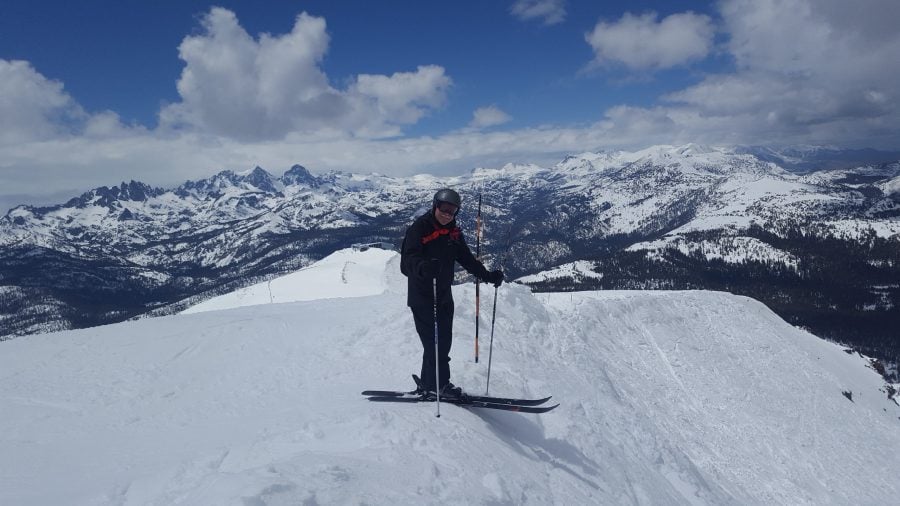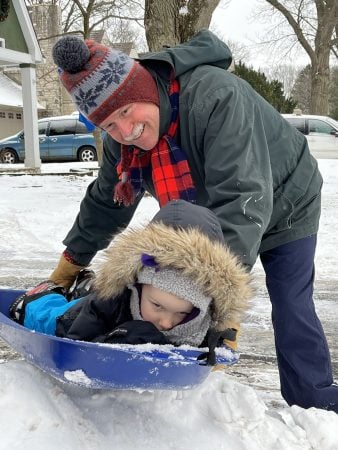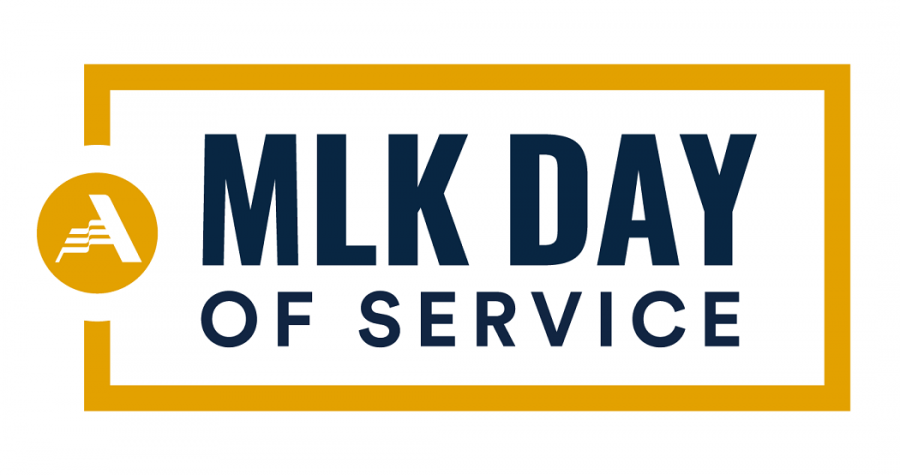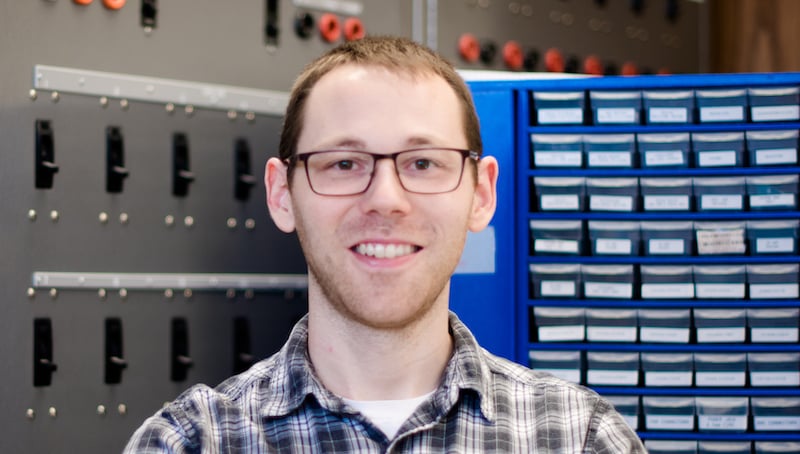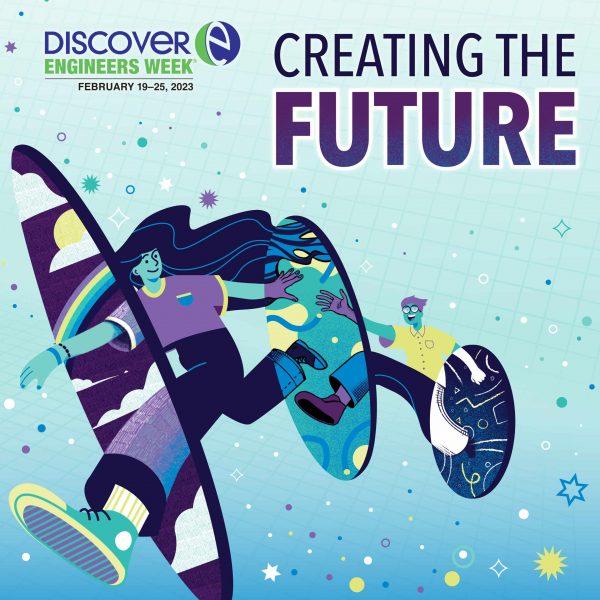
We’re celebrating National Engineers Week (Feb. 19-25). Everyone’s invited to special events on campus sponsored by Tau Beta Pi, the Engineering Honor Society student chapter at Michigan Tech.
Founded by the National Society of Professional Engineers in 1951, Eweek is celebrated each February around the time of George Washington’s birthday, February 22, because Washington is considered by many to be the first U.S. engineer.
At Michigan Tech, the week is celebrated with special events on campus all hosted by student organizations. Everyone is welcome! Please feel free to stop by and check out Eweek events as your schedule allows:
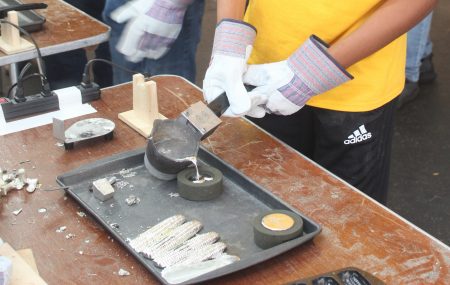
Monday, Feb. 20
Metal foundry in a box with Materials United, 1-3 PM
M&M Engineering Building U109
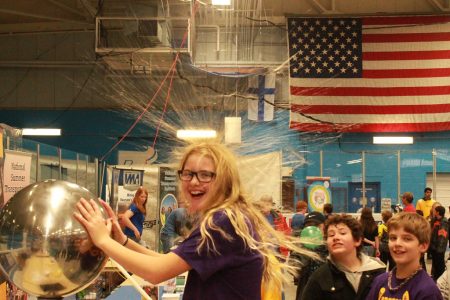
Tuesday, Feb. 21
Demonstrations with Mind Trekkers, 11AM-1PM
Fisher Hall Lobby
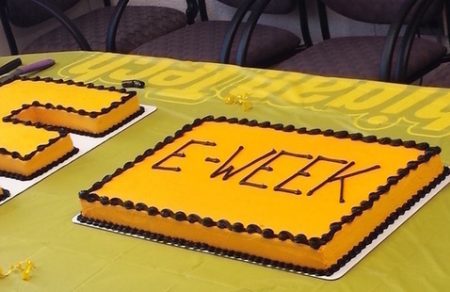
Wednesday, Feb. 22
E-Week Cake, courtesy of the Department of Engineering Fundamentals, 11AM-2PM
Dillman 112
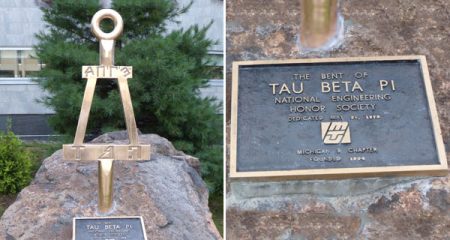
Thursday, Feb. 23
Tau Beta Pi Alumni Panel,
5-6PM
Dow Building, room 0642
Zoom: https://michigantech.zoom.us/j/82536199550
Panelists:
Katelyn Ramthun BME/ME) – Product Engineer at Plexus
Jennifer Larimer (ChemE) – Research Scientist at Dow
Quinn Horn (PhD MSE) – Principal Engineer at Exponent
Tim Obermann (MSEE) – Director of Power Tool Technology at Milwaukee Tool
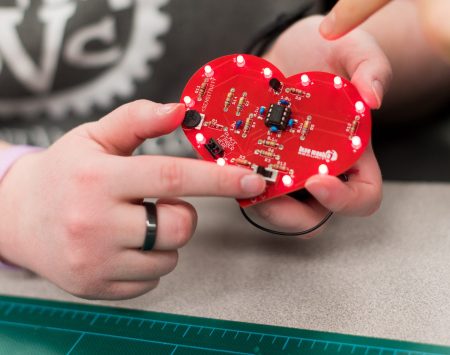
Friday, Feb. 24
Circuit Boards with Blue Marble Security Enterprise, 4-6 PM
EERC Building – 0738
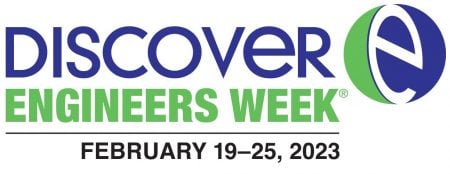
Nationwide, Eweek is a formal coalition of more than 70 engineering, education, and cultural societies, and more than 50 corporations and government agencies. This year’s theme: Creating the Future. Dedicated to raising public awareness of engineers’ positive contributions to quality of life, Eweek promotes recognition among parents, teachers, and students of the importance of a technical education and a high level of math, science, and technology literacy. One important goal: to motivate youth to pursue engineering careers in order to provide a diverse and vigorous engineering workforce.
